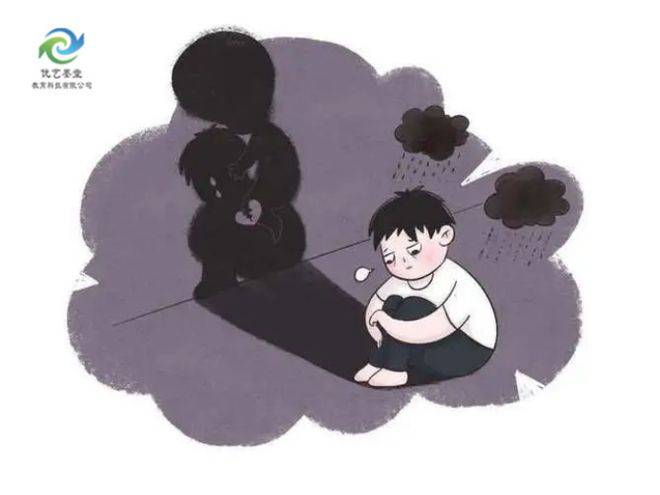CCTV Investigation: How Can Teenagers Trapped in Depression Restart Their Lives
In a recent in-depth investigation by CCTV, the lens focused on a group of teenagers suffering from depression. They possess lively spirits and abundant energy, yet are engulfed in the pain of darkness due to their condition. This investigation reveals a grim social phenomenon: depression is silently invading our future generation, threatening their mental health and even their life prospects. Faced with such a shocking reality, we must seriously consider: how can these youths trapped in the shadows of depression break free and restart their lives?
To answer this question, we must first recognize that depression is not an incurable disease. With scientific intervention and support, it is entirely possible for sufferers to regain hope and return to a normal life pathway. However, this process requires the collective effort of patients, families, schools, and society to form a powerful support system. Here are some suggestions and insights aimed at achieving this goal.
The prerequisite for implementation is ensuring that depressed teenagers can receive timely and accurate diagnoses. As depression can often be confused with other emotional disorders, the involvement of professional counselors is crucial. Only with accurate diagnoses can targeted intervention plans be developed to prevent misjudgment and delays in addressing the condition.
The family, as the primary environment for a child’s growth, has a significant impact. Parents should actively learn about depression, understand its potential causes, symptoms, and coping strategies. Creating an open and warm dialog space within the family is equally important for the child’s recovery. Honest and positive communication between parents and children can help alleviate the child’s internal pressure, allowing them to feel understood and accepted.
Schools play a role in early detection and intervention. They should regularly organize lectures and activities related to mental health to enhance awareness of depression among teachers and students. Additionally, schools should have professional campus counselors available to provide routine mental health assessments, so that any signs of depression in students can be promptly addressed with psychological interventions and guidance.
On a societal level, public figures and media discussion and education on depression also play an important role. Reducing the stigma associated with depression and encouraging individuals affected by it to bravely share their stories can enhance public understanding and sympathy, while also providing emotional solace and validation for patients.
In practice, the choice of treatment must also be individualized. Cognitive behavioral therapy, psychodynamic therapy, family therapy, and other methods are effective psychological interventions. Besides psychological intervention, pharmacotherapy is also an indispensable part, especially for those with moderate to severe depression. It is important to note that psychological interventions often need to be combined to achieve the best results.
Exercise therapy, as an auxiliary intervention, has received increasing attention. Appropriate levels of physical activity can promote the release of endorphins, helping to improve mood and alleviate depression. In addition, adjustments to diet and sleep habits are beneficial in alleviating depression. Ensuring a balanced nutritional intake and sufficient sleep is vital for physical and mental health.
Building a social support system is equally crucial. Support groups, self-help groups, and online communities provide a platform where depressed patients can vent and support each other. Here, they are no longer fighting alone but facing emotional challenges together; this collective strength has an immeasurable positive impact on individual recovery.
It is essential to emphasize that intervening in depression is a long-term and complex process. This requires the comprehensive implementation of the aforementioned measures, as well as the patience and perseverance of the patients, and continuous love and support from all aspects of society.
In summary, restarting the lives of teenagers trapped in depression requires the collective participation and effort of society, creating a comprehensive support network from families, schools, to all social levels. Only in this way can we illuminate the beacon of hope for these young lives, guiding them out of the shadows of depression and into a bright future that belongs to them. CCTV’s investigation is not only a profound social revelation but also a call to action; let us join hands to safeguard the mental health of our youth.


